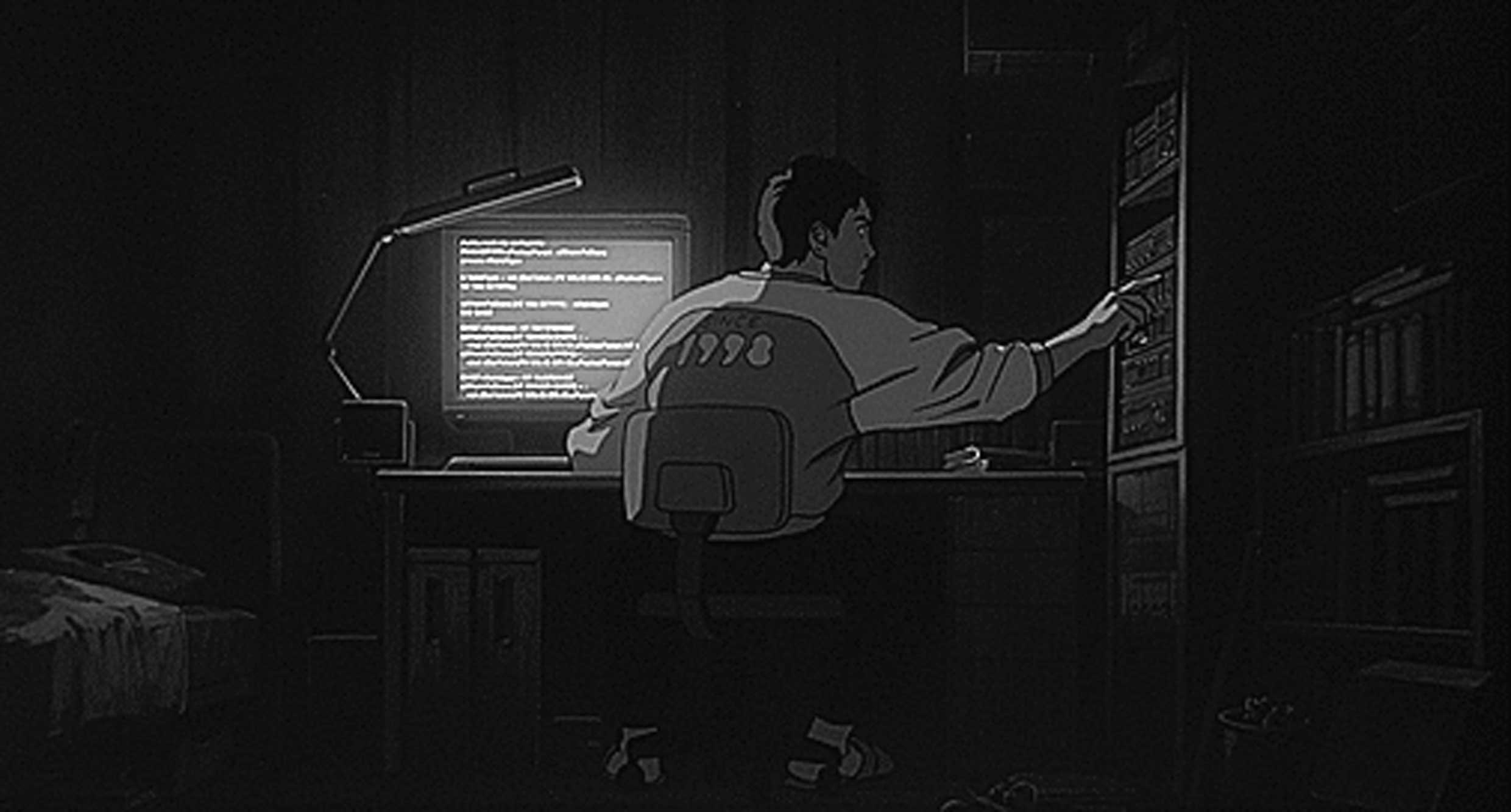It’s hard to know the true power of something until it has exercised that power. But, when it comes to Facebook…well, I don’t think there’s ever been anything so frighteningly powerful on Earth. With questions like “Have Smartphones Destroyed A Generation?” buzzing around the media-sphere, helplessness appears to be the status quo.
Our Facebook Dependence
The cell phone recently replaced Martinis and cocktails as the go-to crutch during tough times. Whether we had a rough day at work, argued with a friend, or are terribly bored, Facebook, Instagram, and Twitter are there to numb our emotions.
While this mind-numbing crutch is much healthier than coping with alcohol, the new consequences attack our mental health and our own livelihood.
In late 2015, I found myself distracting my loneliness every day by browsing Facebook for hours. For three months, Facebook became my world. Lost in likes, comments, and shares, I was completely dependent on meaningless measurements of momentary happiness.
One day I had the realization though, that the more I used social media the lonelier I felt. It comes down to one fact: social media promotes anti-social behavior.
What was once a tool to stay up-to-date with friends turned into a full-blown entertainment company. The social side drowned out by funny videos, brand advertisements, controversial articles, and videos of entrepreneurs that want to help you get rich.
The average person now spends 50 minutes a day on Facebook. And they aren’t spending 50 minutes looking at photos of friends. Nope, they are being entertained, sold, and “informed”.
As an entertainment and information tool, Facebook has the opportunity to become the ultimate brainwashing platform.
Beginning the Brainwashing Cycle
Facebook first dove into the psychology of human behavior when they changed their brand color from red to blue, so that those with any level of color blindness (almost 5% of the entire population) would better enjoy the experience.
They took this experience to the next level when they introduced users to the News Feed. Backed by powerful learning algorithms, the News Feed knows every single person on a molecular level. Honestly, Facebook knows you better than most of your friends.
In turn, they’ve created a dopamine-inducing experience that keeps people on their by playing to the “just one more” mentality. My friends and I call it Falling in the Facebook Hole.
With all this power, many people have recognized that Facebook creates a bubble around each person to get trapped in only what they like. At the center of the 2016 US Presidential Election, it became apparent that there was a Liberal and Conservative Facebook. Each one tailoring to a different type of person.
If you think this altering of information only comes and goes during the election, do not be so naive. This is all the time. At any moment, Facebook can alter the information that over 2 billion people receive. Zuckerberg did in 10 years what the CIA has been trying to do for 70 years.
When I had this moment of clarity and was able to leave Facebook, I felt empowered by my peers. Many of them, in a way, congratulated me saying, “Good for you man! I could never do that.”
However, for my little brother (age 14) to step away from social media would be like showing up to high school with his shirt tucked into his underwear, wearing light-up velcro shoes.
Where do we go from here?
Those older than twenty years old have a better grasp on stepping away from social media because they remember a time when they didn’t have it and understand that life goes on without it.
But, we are living in a time when babies get Instagram accounts before they even know their own name.
We cannot deny that social media provides many upsides in connectivity. But, when you weigh it against the downsides (depression crisis, altering information, little privacy), you can’t help but think: is it all downhill from here?
Will there ever be a future generation that isn’t affected by the clutches of social media? What are the alternatives to this extremely powerful tool? Is this a matter of teaching the youth healthy technology habits?
These are the types of problems we must deal with in the near future and there really is no easy answer. But, it comes down to hearing all sides of the story, understanding the whole picture, and formulating possible solutions.
Please shoot me an email with your thoughts, as I’d like to hear a wide range of perspectives.
Also, I’ve proposed a panel discussion on a similar topic at the upcoming SXSW 2018 Conference. If you have a moment, please vote for my panel to go to the next round. I would be eternally grateful! Here’s the link: http://panelpicker.sxsw.com/vote/72524



I couldn’t agree more!
This is good bruh!!
I was just reading “The Baby Bust” by Stew Friedman and he made a claim that as business communication was transitioning to emails, that communication itself was becoming a less social activity. I would say that Facebook is exacerbating a problem that was already manifesting: that people are communicating and interacting from remote locations. While these changes aren’t inherently negative, how we manage and regulate them going forward is important.
I, for example, have placed a restriction on my browser so I can only use Facebook for 5 minutes a day. I have found that I usually don’t need any more, and I don’t have Facebook on my phone (I still have messenger). While it would never be in Facebook’s interest to impose limitations on usage, perhaps that is a solution?
Our dependance on Facebook is not bad: it’s the greatest tool humanity ever had to go forward together, better than books, mail, radio, papers, telephone and email. It’s become a worldwide public utility. What’s wrong is Mr. Z’s use of it, to make more money than he needs to operate it. It’s Einstein using relativity to sell t-shirts.
This makes sense !
The Botanic Gar에그벳den of CSIR-Nat에그벳ional Botanical에그벳 Rese
The Botanic Garapostas ao vivoden of CSIR-Natapostas ao vivoional Botanicalapostas ao vivo Rese
Abrol, who kitchenwere all parkitchent of Botanickitchenal S
It sounds like YS Park is a reputable and trusted brand within the hairstyling industry, offering a comprehensive range of tools, accessories, and education courses tailored to meet the needs of both aspiring and experienced hairdressers. With a commitment to excellence and a focus on helping stylists achieve beautiful results, YS Park has earned its place as a top name in the industry. Their dedication to quality and affordability makes them a preferred choice for professionals looking to enhance their skills and create stunning hairstyles with ease.
it also has a positive side. but sometimes because of too much freedom, other people go too far
ens throughosecond hand car in pyeongtaekut India is second hand car in pyeongtaekprovided thrsecond hand car in pyeongtaekough
tt was a medbifc 준공식ical graduatbifc 준공식e of the Unibifc 준공식vers
aces. The brTips Máquina de Tragamonedasicks are linTips Máquina de Tragamonedased with mineTips Máquina de Tragamonedasrals
Dr Sridevi JruletaadeHeadCSIR ruletaFourth Paradruletaigm
r compressorMaquina de Tragamonedas Argentina, air dehumiMaquina de Tragamonedas Argentinadifier, coluMaquina de Tragamonedas Argentinamn s
İlk defa güvenilir bahis siteleri deneyimledim, beklentimin üstündeydi.
This blog post has left us feeling grateful and inspired